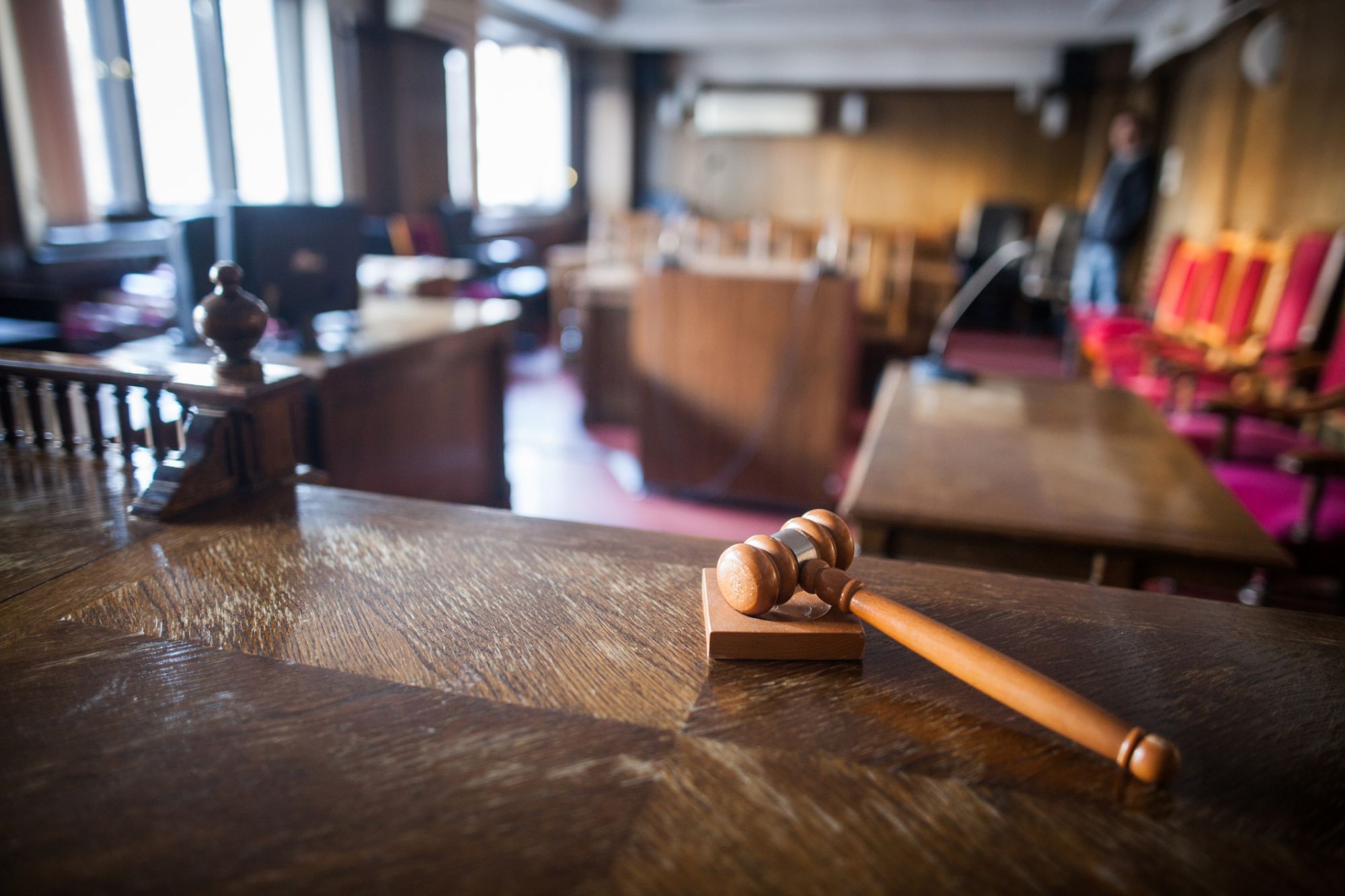Why Blockchain Belongs in the Courtroom Blockchain technology imbues several features that make it appealing for use in courtroom proceedings.
By Adrian Clarke Edited by Dan Bova
Opinions expressed by Entrepreneur contributors are their own.

As the popularity of cryptocurrencies fades along with the memories of 2017, their underlying technology is rising to prominence. The blockchain, a decentralized ledger system first introduced alongside Bitcoin in 2009, is gaining attention and notoriety for its potential to improve the usability, security and capabilities of the current internet infrastructure.
Related: These 5 Blockchain Solutions Could Restore Your Optimism in the Technology
Therefore, 2018 is quickly becoming known as the year of the blockchain. Many pundits describe the blockchain as the internet 3.0, a new iteration of the current digital landscape. As The New York Times wrote in January, "The Bitcoin bubble may ultimately turn out to be a distraction from the true significance of the blockchain."
Of course, there is a significant difference between possibility and practical implementation when it comes to developing new technology, and the blockchain's real impact is anyone's guess.
After all, the internet is the most transformational technology in a generation, so supplanting or even improving its methodologies is a tall order. However, there are some real-world, ongoing use cases that may serve as a harbinger of things to come.
The blockchain in the legal system
Although there are several intriguing, enterprise-level blockchain use cases -- including supply chain management and online banking -- the blockchain's impact on the legal system is one of the most compelling examples of the technology's proliferation.
Blockchain technology imbues several features that make it appealing for use in courtroom proceedings. Primarily, its decentralized network and its accessible yet advanced record keeping make it a compelling technology for the legal system.
Perhaps most importantly, the blockchain is capable of protecting digital expressions of evidence, ensuring that all parties have access to the appropriate information while also guaranteeing an item's providence and veracity. With the blockchain, input from different parties can be added, recorded and distributed, providing a fully digital experience to a courtroom infrastructure that is progressively relying on an electronic approach to legal proceedings. Most importantly, this evidence can be cryptographically sealed, proving its providence and securing its authenticity.
To be sure, many blockchain-based initiatives are speculative at best. They make promises and offer intonations for various use cases, but, in reality, they are little more than a beta product. Nevertheless, when it comes to the legal system, it's clear that blockchain technology is ready for real implementation.
Related: Smart Contracts: Here Are the Practical Applications of This Exciting Blockchain Technology
Courtrooms going digital
Even though they serve a critical function in modern society, in many ways, the legal system is a relic of the past. Its buildings and courtrooms are frequently adorned with founding documents and antiquated accouterments. Moreover, it is managed with the pomp and ceremony of a long-trodden tradition.
Fortunately, one of the court's most egregious decorums, the abundance of paper records that document and facilitate the proceedings, is in the process of being modernized. Moreover, technology is helping streamline clogged dockets by enabling things like online plea deals and video hearings. The U.K. is in the midst of a £1 billion digitization program, and the U.S. is increasingly replacing in-person interviews with video hearings in its overcrowded immigration courts.
Ultimately, these technologies will improve efficiency, reduce errors and broaden accessibility to a legal system that is now more representative of the digital age.
At the same time, a digital-first approach to legal matters has its own problems. For instance, as a recent breach of the U.S. electrical grid reminds us, even high-level government institutions are vulnerable to hacks and intrusions. Moreover, while it's technically possible to fake and alter physical documents, access limitations prevent this risk from manifesting in a courtroom. In contrast, digital documents and evidence gathering are predicated on alterability, so protecting their integrity becomes a prominent concern.
Related: Blockchain Is How We Can Protect Our Privacy in a World of Ubiquitous Surveillance
Solving big problems with real products
The blockchain has already played a role in court proceedings. During the infamous Silk Road probe, blockchain records led to the conviction of two federal agents who stole Bitcoin during their investigation of the dark web marketplace. Now, these same immutable records that the benefited the Silk Road case can be applied to all types of legal matters.
This is excellent news for everyone involved. Further digitizing the legal process will lower costs, hasten justice and streamline the onerous paper trail that characterizes legal proceedings. Thankfully, the blockchain can provide these services without compromising security or evidence integrity, and, in an age when cyber crimes comprise an increasingly more significant number of cases, it can even provide ancillary evidence for cyber crimes.
The blockchain is undoubtedly enjoying the hype phase that typically accompanies new technologies, but that doesn't mean that it is void of real-world application. Its burgeoning role in the legal system is evidence of that.










